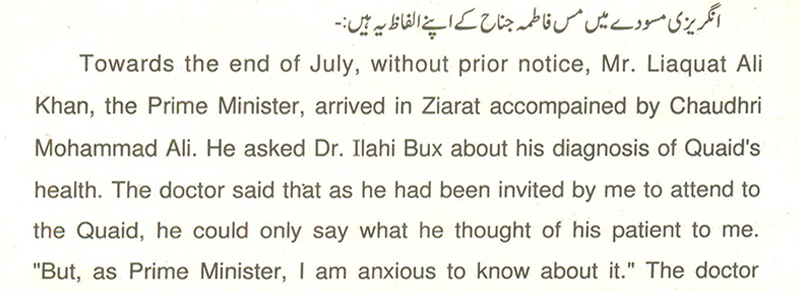The sub-continent's histories may well be one of the most misled and misinterpreted ones in the world.
Part of the reason for that is, most histories now referred for research into the region were products of 'darbaars' (royal courts), meaning they were written by commissioned authors who were favourites of the kings, maharajas or other persons in power.
Such histories are bound to be overflowing with praise for the ruler of the time. These are not the people's histories; they only speak of the victories, generosity and other great deeds of the rulers that usually amount to a bowl full of lies. So no, they can never be taken as national histories.
Take a look: Photoshopping history
The subject of histories written by the victorious, reminds me of an event in the democratically uncertain times of Field Marshal Ayub Khan’s tyrannical rule:
During Ayub's era, there was a certain author who had just finished writing his novel and decided to go and check if any of the various publishers in town were interested in publishing his work.
But all of the publishers, one by one, bluntly told him to bugger off, as they were busy publishing the president’s autobiography: Friends, not Masters. One publisher, a not so known one, agreed to publish the novel. However, he demanded that the printing paper be arranged by the author himself.
Now, when the poor author visited paper vendors, every vendor told him that they were out of paper as every single ream was being used in serving the president of the country — national service, in other words.
Well, he finally managed to acquire the required amount of paper and got his novel published. In a couple of days, when he had hundreds of published copies of his novel in his hand, he went to the booksellers.
To his utter shock, they, too, mocked his fortune and told him that they were busy selling Ayub Khan’s book and had no time to sell any other book. He brought all the books with him to his house.
For some time, his wife tolerated it, but then she confronted him:
“It’s a small house already, and then this garbage of yours is not any help in space management, I tell you. Do something!”
The confrontation, more of a loud and brain-piercing monologue, lasted for only two days. You know who won, I’m sure.
And so, the author, disappointed and heartbroken once again, took his books to the old book bazaar. There came the surprise of his life, when even those booksellers told him that they were busy with selling Ayub Khan’s book and had no space for any other product in the market.
And that was that.
Explore: The untold story of Pakistan’s blasphemy law
Coming to the more important part of this blog, you should know that there are some aspects of Jinnah’s life which not many Pakistanis are familiar with; probably because if these aspects were to be made public, the Pakistani bureaucracy would not be able to digest the revelations. Not only that, but most of the facts that the sister of Quaid-e-Azam Muhamad Ali Jinnah, Fatima Jinnah wrote about her brother have also been buried within history.
My Brother is the name of the biography Fatima Jinnah wrote on Quaid-e-Azam. By the time the book made it to publication, several pages from the book's manuscript had vanished.
The perpetrator of this feat was Mr Sharif-ul-Mujahid of the Quaid-i-Azam Academy.
 |
| The author with Sharif-ul-Mujahid. |
I went to Mr Sharif and asked him the reasons.
“Those pages were against the ideology of Pakistan and I had to take care of it,” he said.
The mister neither had nor has any remorse or regret over the act.
When I told him that these pages had been published in Qudratullah Shahab’s book Shahabnama (1988), he told me that actually, Mr Shahab had played a pivotal role in getting these pages removed back then.
Here’s a scan of what these pages said, as published in Shahabnama (pages 291-293 of the 2013 edition):
 |
 |
 |
These were the few words deemed against the 'ideology of Pakistan' and left out by Mr Shahab and Mr Mujahid.
There have been many such incidents in the history of Pakistan. I wish to bring as many of these to public knowledge as possible. If you have any such information with you, please do let me know.
After all, you see, it’s a matter of ideology.
Translated by Ayaz Laghari from the original in Urdu here






























